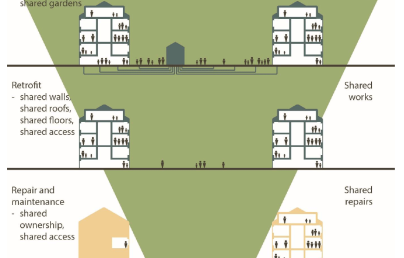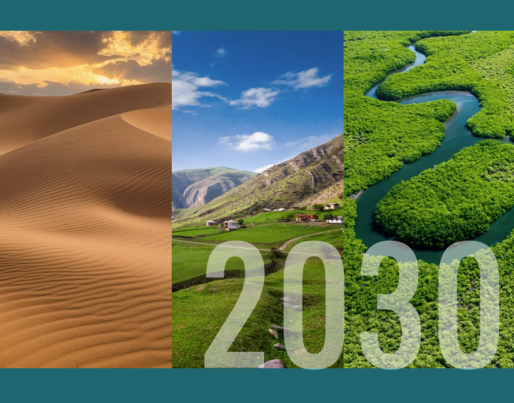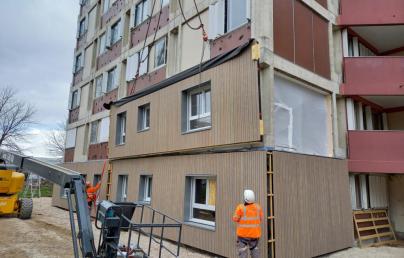
International Renewable Energy Agency (IRENA) warns: World off track to meet 2030 energy targets

International Renewable Energy Agency (IRENA) warns: World off track to meet 2030 energy targets
The new IRENA's report reveals that a fundamental transformation is needed in how we design, construct, and rehabilitate buildings. It calls for urgent and coordinated action to meet climate goals and accelerate the transition to a more sustainable built environment.
The United Arab Emirates (UAE) Consensus, established during COP28, represents a global commitment to triple renewable energy capacity and double energy efficiency by 2030. This ambitious agenda, now led by the International Renewable Energy Agency (IRENA), underscores the critical role of the built environment in achieving these targets. The construction sector, responsible for a significant share of global energy consumption and emissions, is identified as a key area for intervention. The report notes that, despite progress in solar photovoltaic deployment, the pace of energy efficiency improvements in buildings remains insufficient. It calls for urgent policy reforms, investment in sustainable materials, and the integration of smart technologies to accelerate decarbonisation.
The report urges governments and industry stakeholders to prioritise regulatory frameworks that promote energy-efficient construction practices and building renovation programmes. It also highlights the importance of applying circular economy principles, strengthening resilient supply chains, and fostering an inclusive workforce to ensure a just and effective transition. For the construction sector, this means embracing innovation, from digital design tools and prefabrication to artificial intelligence-powered energy management systems, while addressing permitting bottlenecks and encouraging community engagement. Coordinated action at all levels is essential to position the built environment as a cornerstone of the global energy transition.
67801_UAE 2030
English (12.77 MB - PDF)
